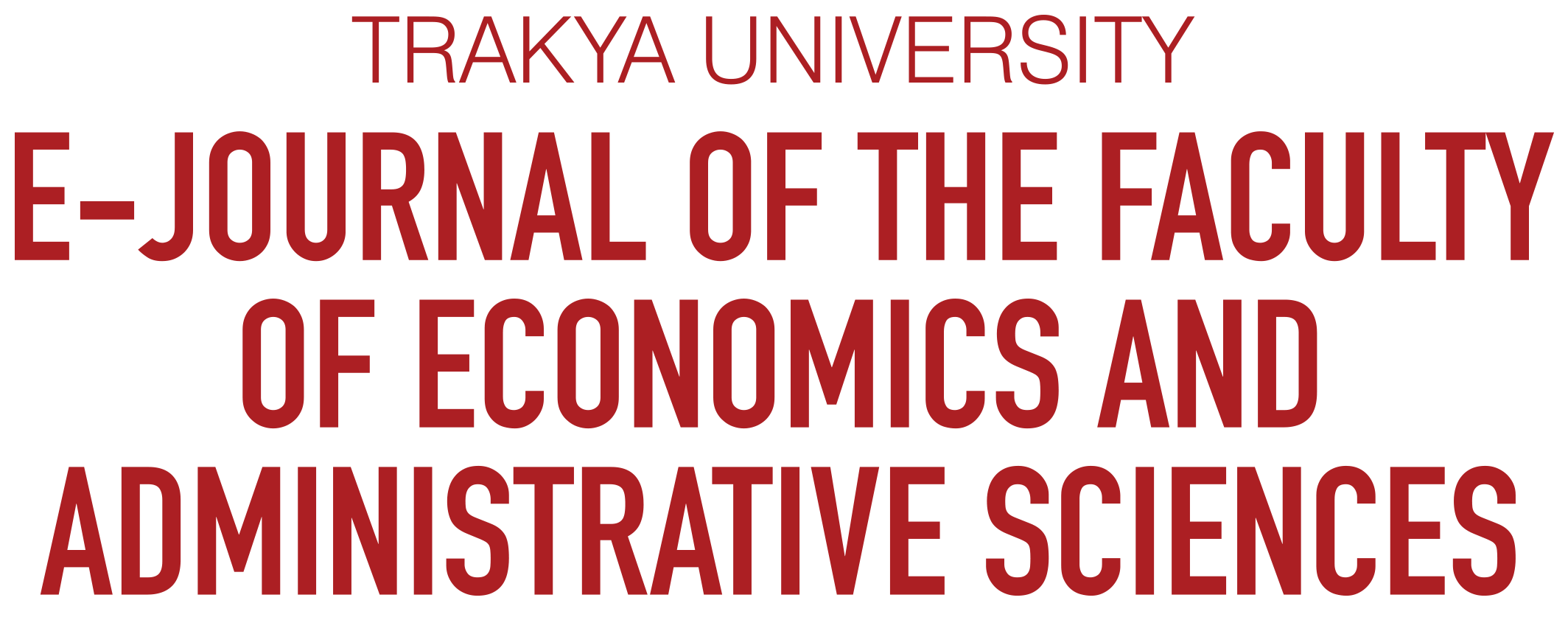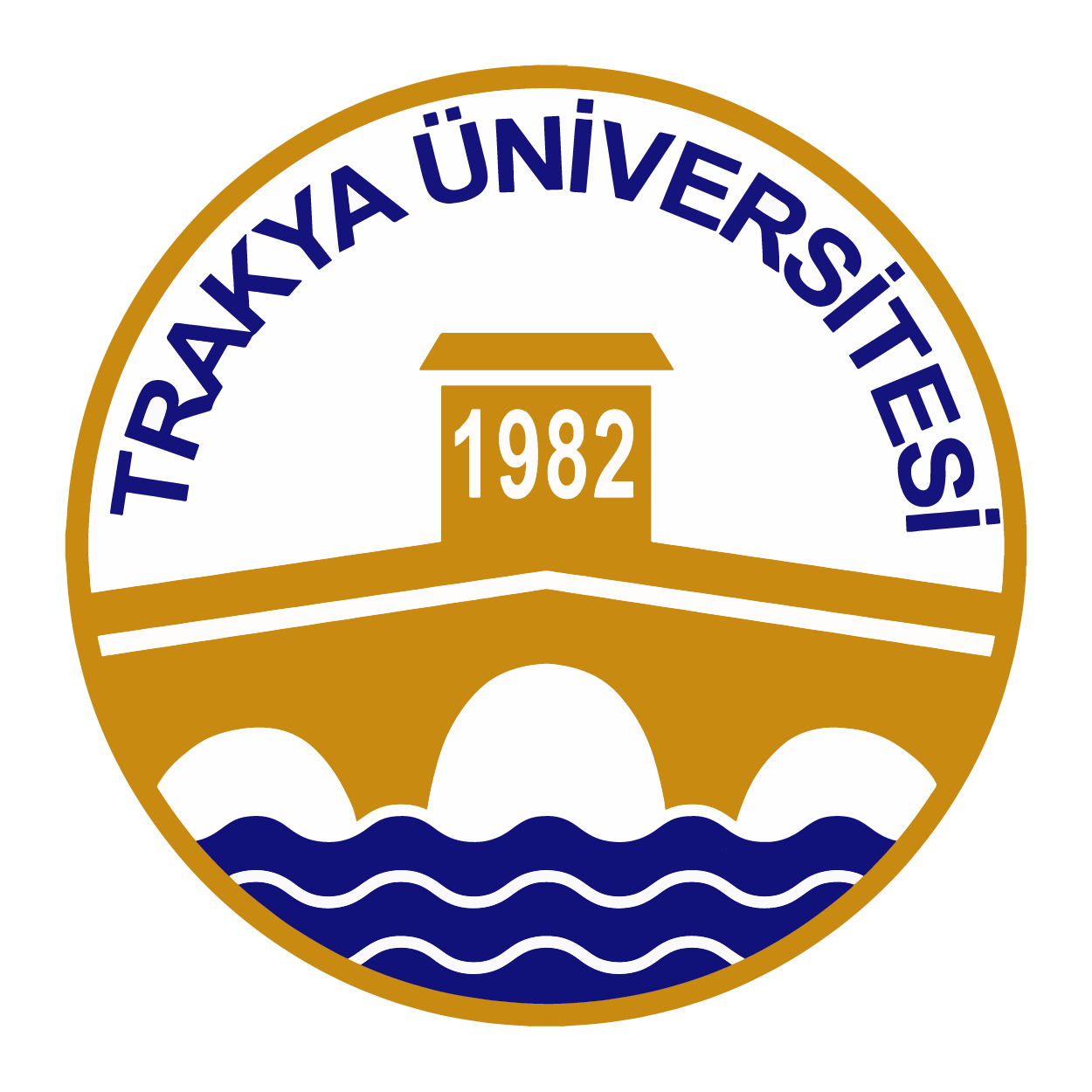Abstract
The post-World War II period was the scene of the completion of the interstate hot conflicts. However, it will be seen that various regional crises also take place in the relevant period. The escalating tension with the Korean War has created a perception that the Cold War era will also be conceived of new conflicts. The USSR, on the other hand, pioneered an international peace movement to prevent new conflicts in the new era. The USSR's peace discourse led to the establishment of a worldwide peace organization. The World Peace Council, founded in 1949, has begun to engage in activities to achieve world peace on a global scale. In parallel with the activities of the World Peace Council, the Turkish Peacekeepers Association (TBC) will be established in Turkey in 1950 and then the Peace Association in 1977. In order to restore peace in the world, the Peace Association will raise the Helsinki Final Act on the one hand and the national independence struggles of the third world countries on the other. Claiming that the activities of the United States and NATO threaten world peace, the Peace Association calls for the absolute disarmament of all countries of the world and the complete elimination of new threats of war. However, the USSR influence on the establishment of the World Peace Council and its negative image in the West will also be affected by the Peace Association and will be directly included in the list of Turkey's “fight against communism” politics. This study will try to analyze the place of the Peace Association in Turkish political life.



